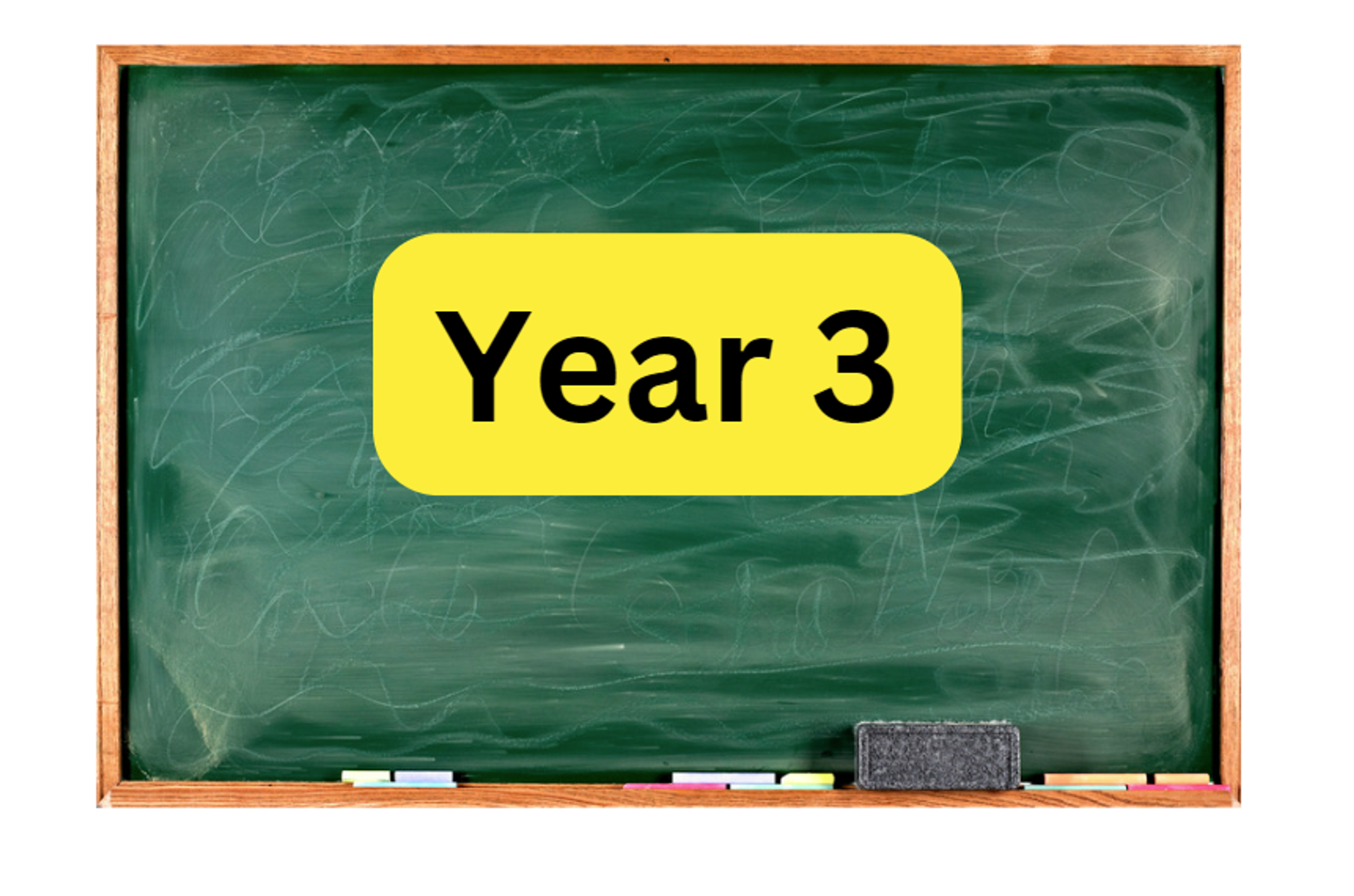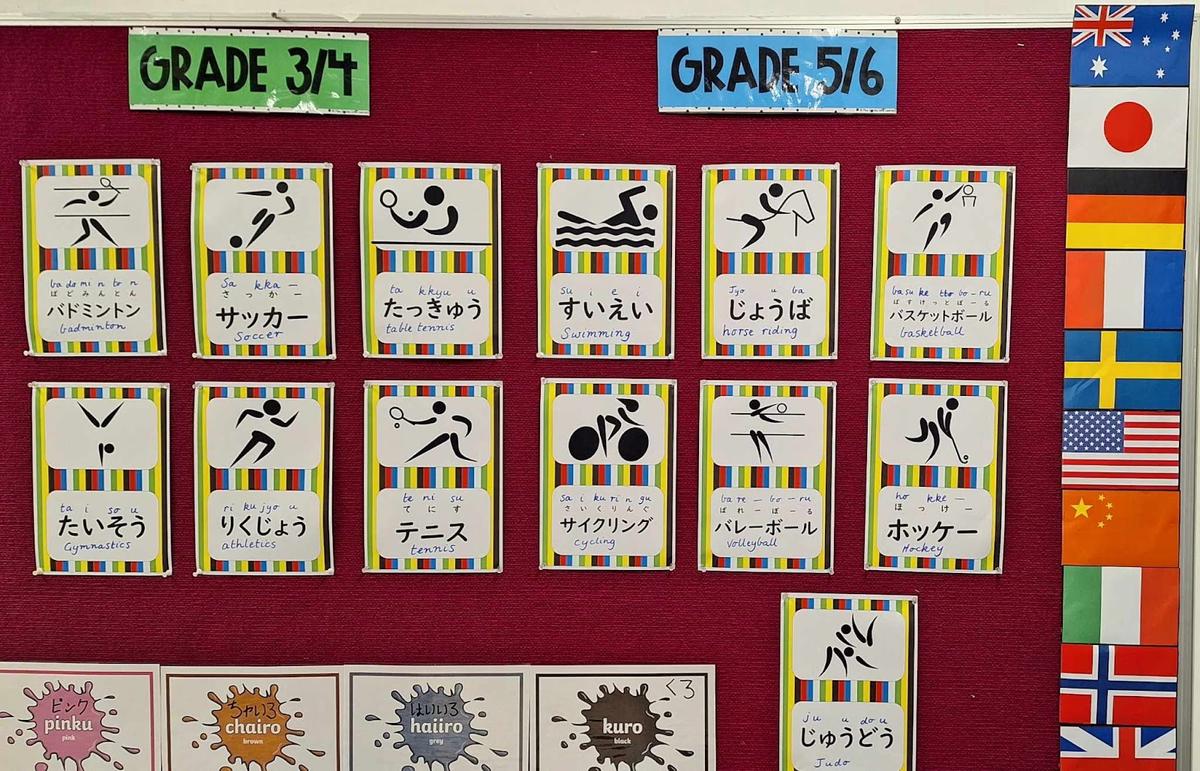Year 3 Curriculum Newsletter

Reading:
In Reading, this semester students will study the novel ‘The Iron Man’- they will cover comprehension strategies such as predicting, inferring, and summarising.
Students will learn to identify the main idea in fiction and nonfiction texts and distinguish the difference between the ‘topic’ and the ‘main idea’. Students will learn to understand the importance of visualising as they read and how it can assist them to comprehend the text.
Writing:
In writing, the Grade 3s looked at the following text types through their novel study of ‘The Iron Man’:
Information: They will explore the aspects of information texts, beginning with the text structure, text features and language. Students will apply their understanding of the structure, features and language to craft their own information text. | Explanation: Students will be learning that explanation texts focus on making something clear and understandable and they answer the question "how" or "why." Students will be using what they learn to craft their own explanation text. |
Mathematics:
In Mathematics, students will focus on Number and Algebra, Measurement and Geometry and Statistics and Probability. In Number, we will be exploring Multiplicative Thinking, by looking into multiplying and dividing numbers. In Measurement, students will be learning to tell time to the minute, as well as measuring and comparing objects using familiar units of mass. Lastly, in Probability, we are learning to identify practical activities and everyday events that involve chance, and describe possible outcomes and events.
Wellbeing:
In Wellbeing, we will be continuing The Resilience Project, a program aimed at nurturing resilience in our students. Through interactive activities like discussions, journaling, and mindfulness exercises, students will explore gratitude, empathy, and emotional literacy, they will learn to navigate challenges with courage and optimism. By fostering resilience, we're empowering our students to thrive academically, socially, and personally.
Inquiry:
In Inquiry, students will explore the natural characteristics of Australia and some other places in the world. They will learn about the significance of Australia's natural environment. and learn how different people have different views about the same place.
Students will also be learning about the Local Government, Laws and Identity.
PE
In Grades 3 PE classes, students will continue to develop their fundamental movement skills while exploring more challenging games and sports. They’ll be refining their techniques and strategies, focusing on fair play and teamwork. Students will also continued to refine their skills whilst playing sports like badminton and volleyball.
Japanese
This term in Japanese, the Grade 3 students are developing their reading, writing, speaking and listening skills through a mini unit on the theme of the Paris 2024 Olympic Games. Students will develop their vocabulary of 13 sports and 10 countries in Japanese. Students will also learn transport vocabulary and use this vocabulary in sentences. They will continue to learn new hiragana and consolidate previously learned hiragana, to support their reading and writing in Japanese. Students will learn about tanabata (Star Festival) which is celebrated in July in Japan.
Visual Arts
This term students in Year 3 will explore construction, using cardboard to create 3-dimensional face sculptures. They will be inspired by famous artist Pablo Picasso and learn about his artistic style - ‘Cubism’. Students will discuss the materials and techniques used to make their artworks and they will reflect on the process as well as the completed product. They will continue to show courage and take risks when exploring new techniques and they will work safely in the art room. This term students will experience how exciting it is to share their artworks with their family and community at our well anticipated show.
Performing Arts
This Term in Performing Arts, Grade Three students will be working in teams to explore narrative structure and character when using the dramatic convention on ‘Tableaux’. This form of Drama uses frozen images, with students using facial expression and body language to retell classic stories as well as begin to develop their own plots. Students will explore concepts of status and empathy when creating their own Tableaux performances and will build upon critical thinking skills when giving and receiving feedback with each other.


